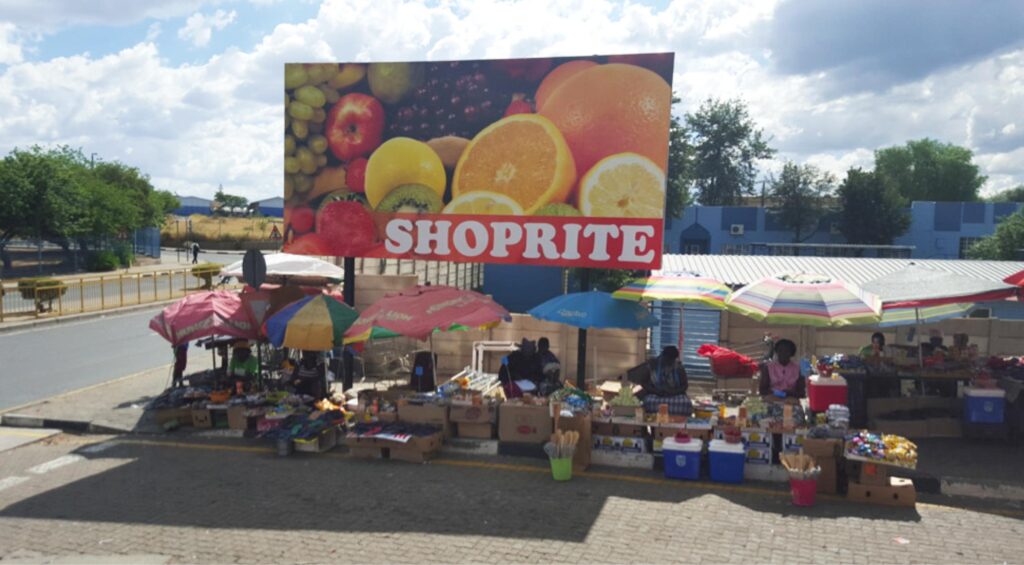Revisiting Africa’s Supermarket Revolution
Africa is urbanizing at an unprecedented rate and food systems are undergoing rapid transformation. This transformation is being driven in part by a global supermarket revolution. However, the idea of an inexorable supermarket revolution on the continent has recently been contested. This paper examines the role of supermarkets in Namibia’s capital city Windhoek to test […]
Revisiting Africa’s Supermarket Revolution Read More »

